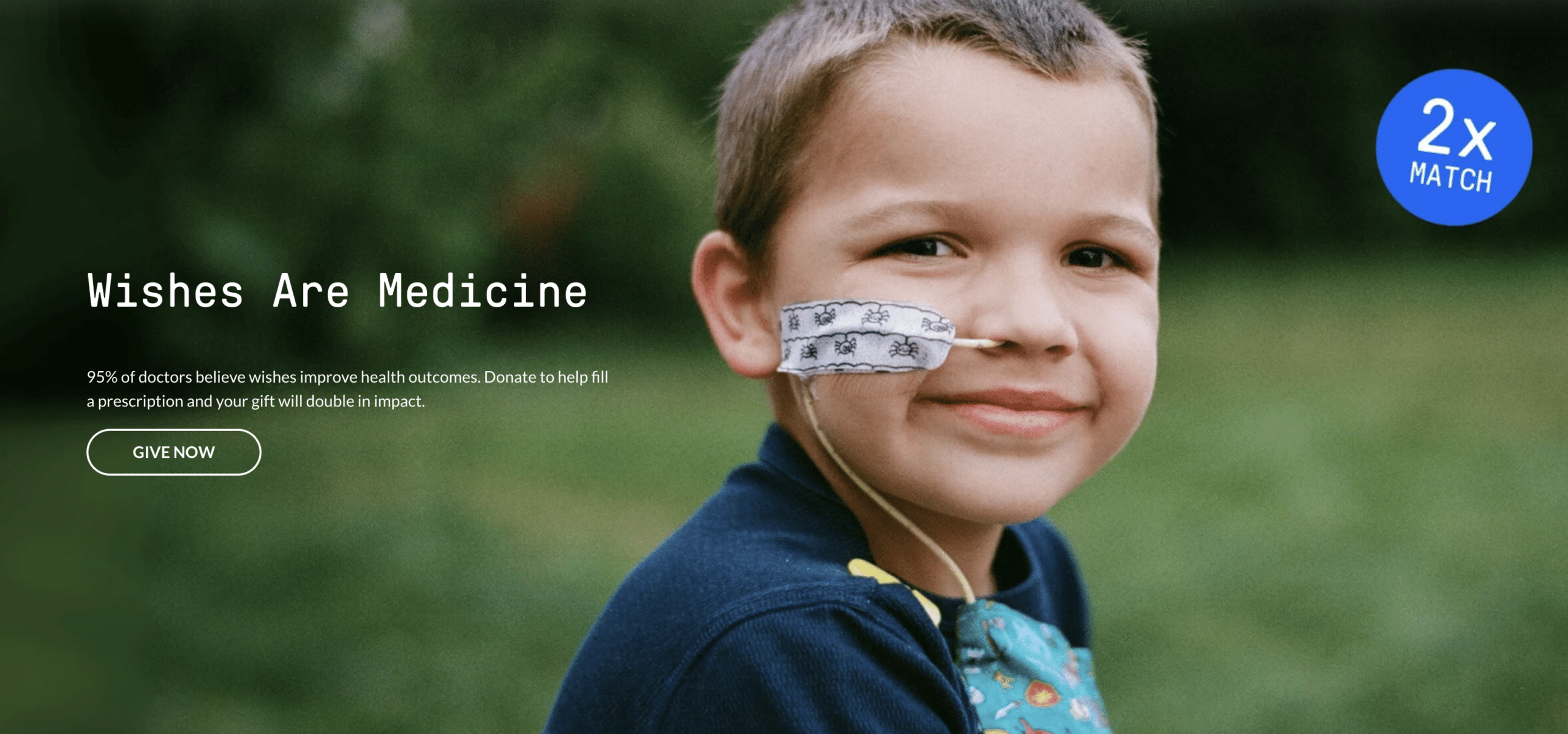Fundraising research in September 2024

Academic and commercial research is core to growing charitable giving and impact. Here’s our latest round-up of publications, resources and opportunities for fundraisers to learn from.
If you have published academic research of direct relevance to fundraisers in multiple countries then do let us know.
The Love Project: a review of the scientific research on love and how it can apply to fundraising

This month sees the publication of the first of two reports on love developed by the Institute for Sustainable Philanthropy.
This report features the Institute’s systematic review of the scholarly literature on love and how it can apply to fundraising. The researchers reviewed over 1,000 studies from the business/management, psychology, social psychology and fundraising sectors.
They looked at different forms of love, the benefits that each may deliver and how each might be grown.
The findings confirm that love can boost a donor’s loyalty and giving, but also have a profound impact on the donor.
Professor Jen Shang said:
“We were struck by the degree to which our reading was soaked in positivity. Positive feelings grow love and love grows other positive feelings which in turn deliver other positive benefits such as, uplift, encouragement, greater self-love and more favourable giving intentions.”
She added that the loving space can certainly be warm and nurturing, yet in fundraisers often default to the language of money, support or gifts, “depriving donors of significantly richer opportunities to feel good today”.
The research suggests that love can do more than boost a donor’s loyalty and giving. It can have a profound impact on the donor herself.
The Institute for Philanthropy
The Institute for Philanthropy exists to grow the human capacity to love. It does this by using science to create more memorable giving experiences that genuinely contribute to the wellbeing of supporters. And by using the latest experimental science to deepen that experience. Institute for Sustainable Philanthropy.
Love has the power to broaden our perspective opening the door to new and deeper thinking. It pulls us away from the minutia of our daily lives, providing a sense of the “bigger picture.” In fundraising it has the power “to help us deepen our understanding of the cause addressed by the nonprofit and the role we might play in tackling that issue”.
At a higher level it has the power to transform behaviour, not just to the charitable organisation being supported, but also towards society. The report’s authors affirm that “if charities were to invest in building loving relationships, the millions (if not billions) of relationships so created would stimulate a more loving society”.
Professor Adrian Sargeant commented:
“fundraising can thus be seen differently, not just as raising money for a good cause, but rather, stewarding the human capacity to love.”
Two forms of love
Of course, not all forms of love are applicable to fundraising. The researchers homed in on tho key forms of love emerged as offering particular relevance to fundraising, namely compassionate and companionate love. This is the first research that measures these different types of love, contextualises them into a taxonomy and identifies ways to grow them.
Compassionate love is the love we have for “others” who may be different to us or at a distance from us. That sense of distance could manifest in multiple different ways including geographic location, race, religion etc. Distance could also take the form of conditions in which these others found themselves (e.g in poverty, hunger, terror, sickness etc).
When people become aware of the suffering of these others they experience compassion and compassionate love. While such love can be powerful and unconditional, it is always focused on others.
Compassionate love has been the default for much of our sector’s fundraising. Yet a second approach is possible.
Companionate love is a form of love that includes the love that we may have for friends and family. It can be an intensely warm and gentle kind of love, with an enhanced potential for transformation as a consequence.
Professor Shang suggests that if we can develop companionate love for others, they cease to be “others” and rather than be viewed as strangers, people can be cared for as friends. In the extreme they can become so close, they can be included in our self-concept and thus (by definition) become a part of who we are. This can be transformational for both parties in the relationship.
According to the research team, very few studies have traced people’s relationships as they transform from strangers to friends or from out-groups to in-groups.
Such transformations matter because they can often be at the heart of a charity’s mission. Rather than just provide assistance or aid, they may want to end “othering” and break down barriers or the lines drawn defining different groups. Professor Shang says that the way that we choose to conduct our fundraising can also support this kind of mission. Love can become the vehicle for transformation and fundraising can deliver it.
Reviewing these loves in the context of fundraising makes it clear that the love experienced through philanthropy is more complex than currently appreciated.
Professors Shang and Sargeant argue that “the sector needs to reflect on its relationship with love and in particular the categories of love that may be appropriate at different stages in supporter relationships”.
Furthermore they state that we ought also to consider who the love should be between, how that love should be experienced and with what benefits in mind.
In short, we need to recognise that the language of love may be massively more impactful in building wellbeing than the language of money.
Ones to Watch at Voluntary Sector Review

Bristol University Press is currently offering free access to highlights from 20 journals until 30 September 2024. This includes the Voluntary Sector Review. The publisher’s Ones To Watch collection features recent articles that are showing signs of having early impact in academia or beyond.
They cover a wide range of study of the charity and voluntary sector, but some of the items cover fundraising, marketing, leadership and volunteering.
For example currently you can view highlights from Henrietta Gronlund, Ram A. Cnaan et al ‘s paper on Religion and episodic volunteering.
Bristol University Press offers three-month free online trials for institutions. Libraries are invited to sign up.
Researchers’ book club for books of use to fundraisers

Claire Routley and Ruth Smyth have set up a fundraising book club that highlights books that probably don’t have ‘fundraising’ in the title or its intended audience, but which nevertheless could be valuable to fundraisers.
Being able to discuss their content with others who are interested in these broader resources and topics is one way that they might feed into fundraising practice.
Routley and Smyth are both members of the Critical Fundraising Network at Rogare, the fundraising think tank.
The first book for the group to discuss is Using Semiotics in Marketing: How to Achieve Consumer Insight for Brand Growth and Profits, by Dr Rachel Lawes.
The group’s first meeting will be on 17 October at 6pm BST (5pm GMT). Fundraisers from outside the UK are invited to join the book club. Indeed, the timing has been chosen to make it convenient for fundraisers in Europe and North America.
At this stage Routley and Smyth are keen to keep the club’s operations simple. They will start off with a new book and meeting every three months, but this is expected to change.
You can buy Using Semiotics in Marketing: How to Achieve Consumer Insight for Brand Growth and Profits new from its publisher Kogan Page for £29.99. Or you might choose Bookshop.org:
To join the book group contact Claire Routley.


